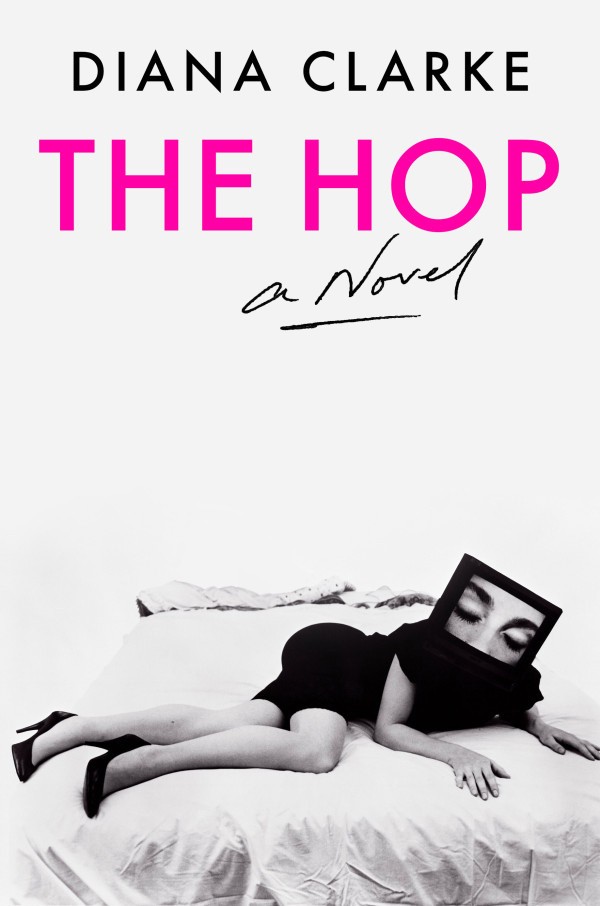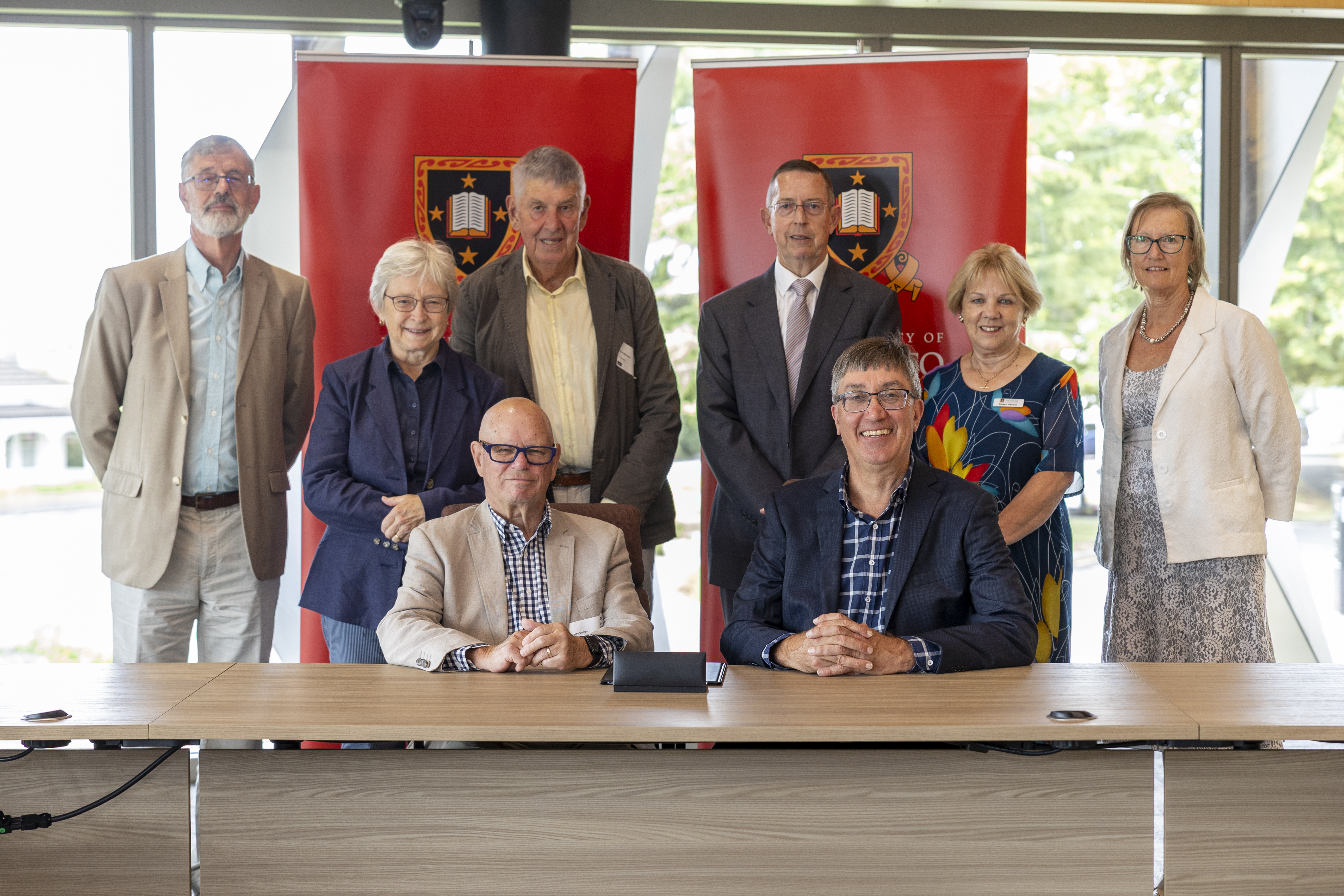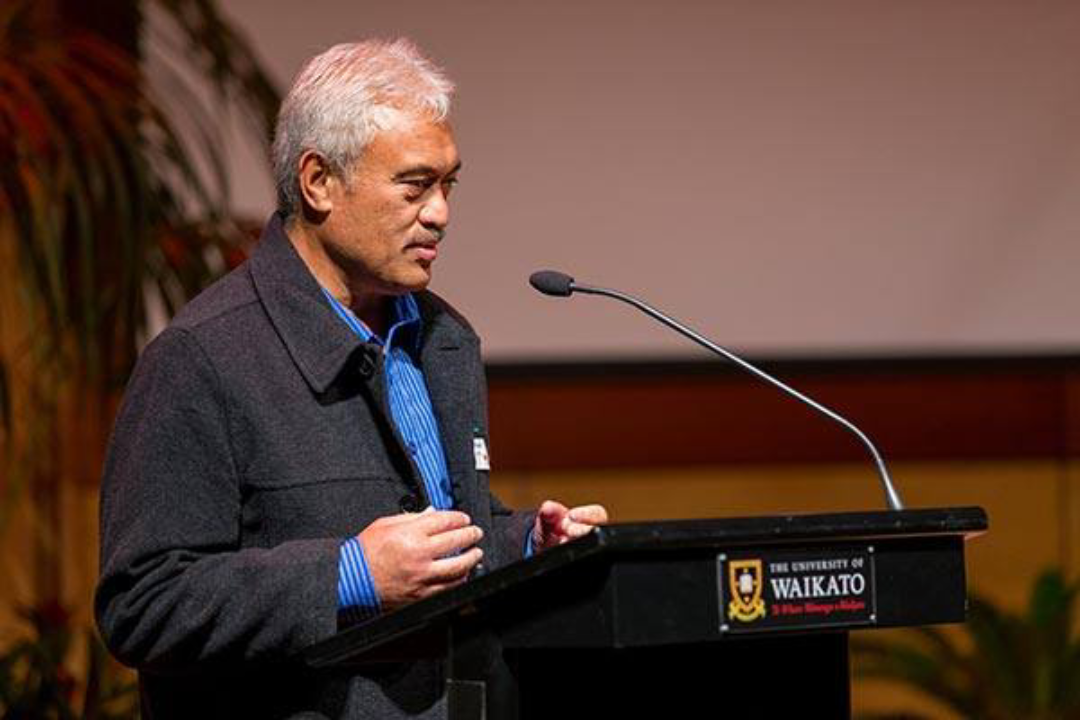Clarke, who has been completing her PhD in Creative Writing and Literature at the University of Utah, has returned home to New Zealand for the 12-month residency, jointly funded by the University and Creative New Zealand.
She says the impetus for her new book, Gleeville, has been driven by “the embarrassing amount of time” she has spent on her phone during the Covid-19 pandemic.
“The internet is a petri dish for misinformation, and social media platforms allow for the amplification and dissemination of misinformed voices,” says Clarke.
“The pandemic’s arrival really heightened this trend, and now the internet looks like a bunch of little cults, not unlike physical world cults, with online communities operating as echo chambers at war with other echo chambers.”





